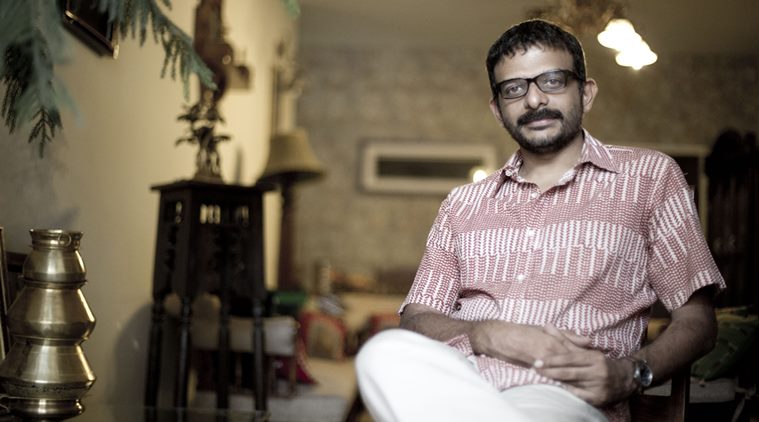TM Krishna
This is a collection of articles archived for the excellence of their content. |
The man
2016: using music to heal India’s social divisions

From: TM Krishna, the man who used music to heal India’s deep social divisions, July 27, 2016: The Indian Express
Krishna, is most famously known for distancing himself from the Chennai Music Season.
The efforts of Carnatic classical vocalist Thodur Madabusi Krishna to break down the hierarchies that exist among the art forms, the artistes and the people who listen to it will be recognized by the Ramon Magsaysay Award Foundation and will be awarded soon, the foundation announced Wednesday.
Krishna will receive the award for “his forceful commitment as artist and advocate to art’s power to heal India’s deep social divisions, breaking barriers of caste and class to unleash what music has to offer not just for some but for all,” a citation on the website stated.
A celebrated Carnatic vocalist, TM Krishna performing ever since he was six. Born in a family of musically influenced people, he went on to be a disciple of the late Padma awardee, Semmangudi Srinivasa Iyer. Krishna has also received a bachelor’s in Economics from the Vivekanand College in Madras, but music remained to take the centerstage in hid life and he had launched a formal career as a vocalist by the time he was 20.
Krishna, is most famously known for distancing himself from the Chennai Music Season. He highlighted its non-inclusive nature that leaves out non-Brahmin musicians and certain art forms that do not fall under the purview of Carnatic classical and Bharatanatayam as the reason for his boycott. The December music season in Chennai is almost a century old celebration that draws people and musicians in droves from the world over.
His boycott was followed by him launching his own music festival, which lived up to his ideologies. He organized the Uroor-Olcott Kuppam Marghazi Vizha, a Carnatic classical music festival on the beach in the centuries-old fishing village in February 2016, as an attempt to “push out caste elitism from the existing Carnatic music system” and unite various art forms.
He has started and is involved in various organisations who work across the whole spectrum of Carnatik music, including research, archiving and documentation, popularising Carnatik music in remote areas and supporting underprivileged south Indian artistes. He has tried creating access to various art forms, many unheard and non popular, cutting across class and caste barriers through a festival called Svanubhava.
Krishna has also co-authored ‘Voices Within: Carnatic Music – Passing on an Inheritance’, a book dedicated to the greats of Karnatik music, along with Mythili Chandrasekar. His most recent book, A Southern Music, published by Harper Collins in December 2013, is a described as a “first-of-its-kind work on the Carnatic tradition” by his own website. Krishna also writes columns for reputed dailies occasionally, on various topics of the socio-political spectrum.
=A 2017 profile
March 18, 2017: The Times of India
T.M. Krishna: Musician or Messiah?
Whether it’s winning the prestigious Ramon Magsaysay Award or becoming the face of ‘Poromboke’, a video that went viral, T. M. Krishna is taking Carnatic music to exciting new stages